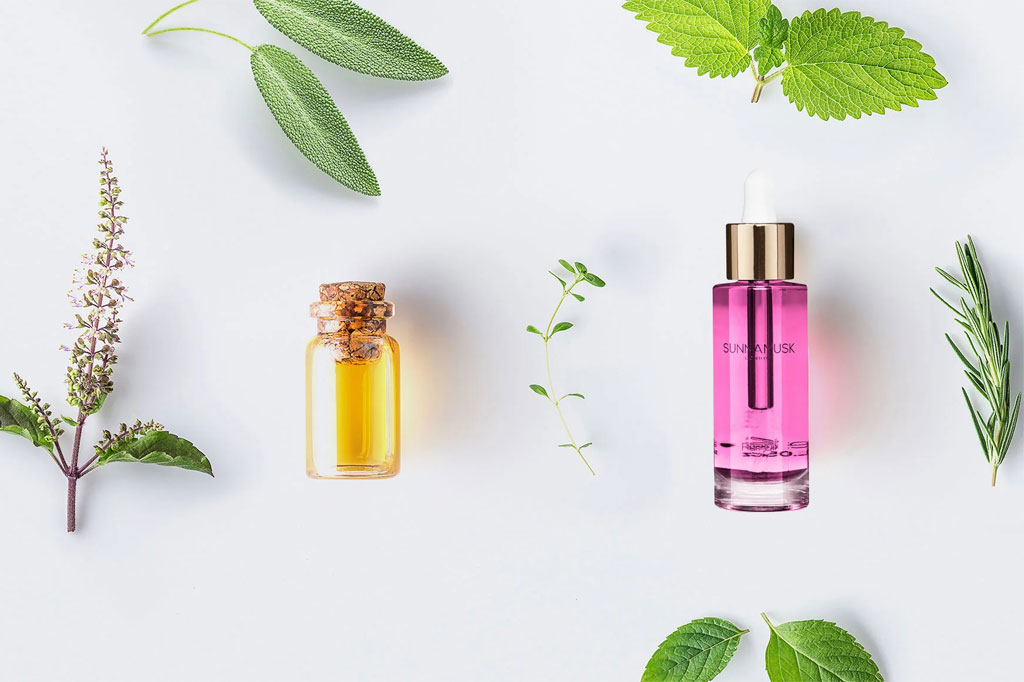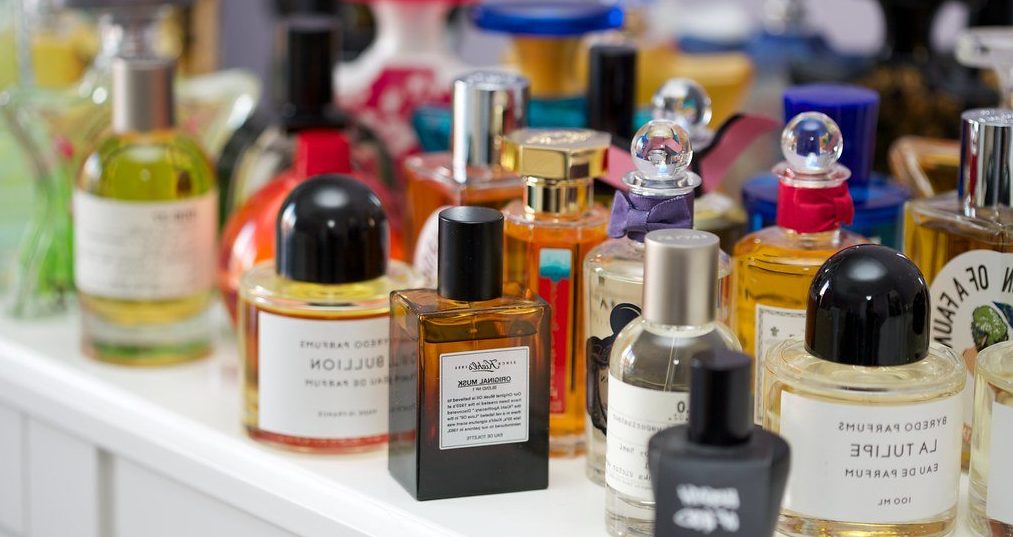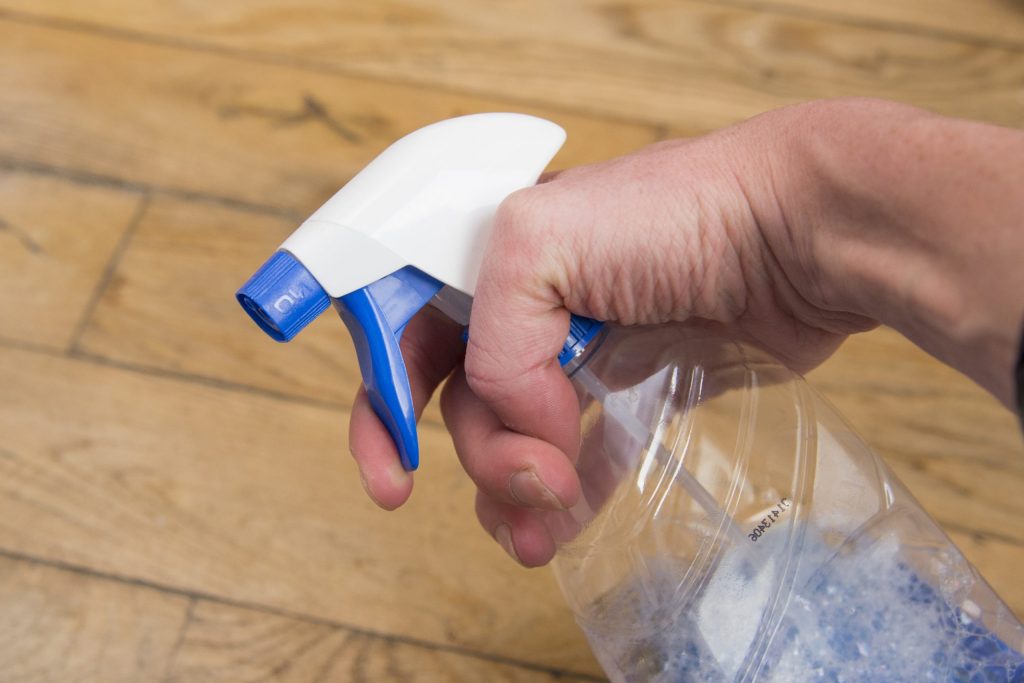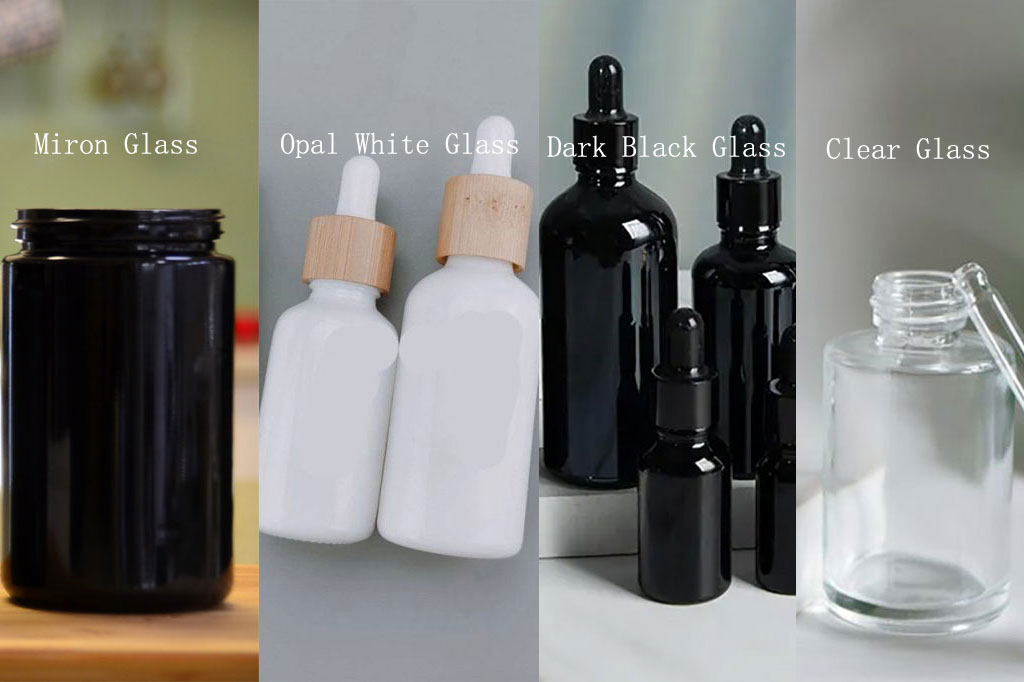In the world of fragrances and wellness, essential oils and aroma oils are two commonly used terms. While they may seem similar, there are key differences between the two.
Understanding these differences can help you choose the right products for your specific needs, whether it’s for aromatherapy, personal care, or simply to enjoy a delightful scent.
What Are Essential Oils?
Aroma oils, often referred to as fragrance oils, are synthetic or naturally derived oils that are primarily used for their aromatic qualities. These oils are often blended with a variety of chemicals, essential oils, and other additives to create a specific fragrance. The main purpose of aroma oils is to provide a pleasing scent, making them popular in products such as candles, air fresheners, diffusers, soaps, and perfumes.

Key Characteristics of Essential Oils
1. 100% Natural
Essential oils are extracted from plants using methods such as steam distillation or cold pressing, preserving their purity and ensuring they are free from synthetic additives or chemicals.
2. Therapeutic Benefits
Many essential oils have therapeutic properties, such as relaxation (lavender), mental clarity (rosemary), antimicrobial effects (tea tree), and respiratory support (eucalyptus), making them widely used in aromatherapy and holistic healing.
3. Highly Potent and Volatile
Due to their concentrated nature, essential oils are highly potent and should be used in small quantities. These oils are volatile, meaning they evaporate rapidly when exposed to air, making them ideal for use in diffusers and perfumes.
Common Essential Oils and Their Uses
1. Lavender Oil
- Lavender oil, renowned for its soothing effects, is commonly used to alleviate stress, enhance relaxation, and improve sleep quality.
- It also has antiseptic and anti-inflammatory effects, making it useful for skin irritation and minor burns.
2. Tea Tree Oil
- Known for its antibacterial and antifungal benefits, tea tree oil is frequently used in acne treatments, scalp care, and promoting wound healing.
- As a natural disinfectant, it can be incorporated into household cleaning solutions for effective sanitation.
3. Peppermint Oil
- Contains menthol, which provides a cooling sensation and is useful for relieving headaches, muscle pain, and nasal congestion.
- It also helps with digestion issues and nausea when used in diluted form.
4. Lemon Oil
- Its invigorating and energizing scent helps boost alertness and elevate mood.
- Used in natural cleaning solutions due to its antimicrobial properties.
5. Eucalyptus Oil
- Often used to clear nasal congestion, alleviate sinus pressure, and relieve symptoms of colds, flu, and respiratory infections.
- Its cooling effect makes it useful for soothing sore muscles.
What Are Aroma Oils?
Aroma oils, also known as fragrance oils or scented oils, are manufactured blends of natural essential oils and synthetic ingredients. These oils are primarily used for adding fragrance to products and spaces rather than providing therapeutic benefits.
Unlike essential oils, aroma oils are formulated to mimic natural scents or create unique fragrances that do not exist in nature. They are widely used in industries such as perfumery, candle-making, cosmetics, and home fragrance products.
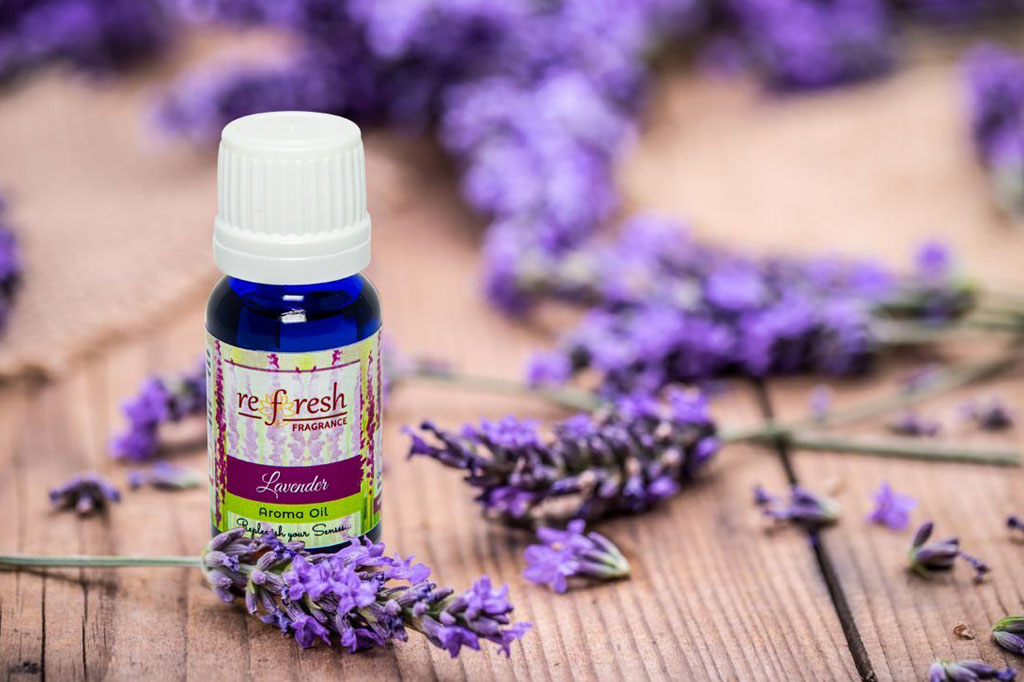
Key Characteristics of Aroma Oils
1. May Contain Synthetic Ingredients
Aroma oils may include synthetic compounds to enhance scent stability or affordability. These ingredients mimic natural fragrances but lack the purity and complexity of essential oils.
2. Longer-Lasting Fragrance
Aroma oils often have enhanced formulations that help them maintain their fragrance for a longer duration, making them suitable for extended use in various environments.
3. No Therapeutic Benefits
Unlike essential oils, aroma oils typically lack therapeutic properties. They are designed primarily for fragrance purposes and do not offer the same health benefits or emotional effects.
Common Uses of Aroma Oils
1. Candles and Incense
- Aroma oils are used to enhance the ambiance of a space by providing long-lasting and pleasant scents.
- Unlike essential oils, aroma oils retain their fragrance even when exposed to heat.
2. Perfumes and Body Sprays
- Aroma oils are widely used in the perfume industry to create signature fragrances.
- They help create unique and long-lasting scents for body sprays, lotions, and colognes.
3. Air Fresheners and Diffusers
- Many room sprays, reed diffusers, and plug-in air fresheners use aroma oils to create a pleasant home environment.
- Since aroma oils are not volatile, they last longer in the air compared to essential oils.
4. Cosmetics and Bath Products
- Found in soaps, shampoos, lotions, and shower gels, aroma oils are added to improve product fragrance.
- Unlike essential oils, they are non-irritating when diluted and are often used in mass-market beauty products.
Essential Oils vs. Aroma Oils: A Detailed Comparison
| Feature | Essential Oils | Aroma Oils |
|---|---|---|
| Composition | 100% natural plant extracts | Blend of natural and synthetic ingredients |
| Purpose | Aromatherapy, holistic healing | Fragrance enhancement |
| Therapeutic Benefits | Yes (antibacterial, anti-inflammatory, etc.) | No |
| Scent Duration | Evaporates quickly | Lasts longer |
| Common Uses | Massage oils, diffusers, skincare | Candles, air fresheners, perfumes |
| Volatility | Highly volatile, evaporates fast | Less volatile, lingers longer |
| Cost | More expensive due to natural extraction process | More affordable and mass-produced |
Which One Should You Choose?
Choose Essential Oils If:
- You want natural, therapeutic benefits like stress relief, improved sleep, or skincare support.
- You practice aromatherapy or prefer using oils in diffusers, baths, or massage therapy.
- You prioritize organic, chemical-free products for personal care.
Choose Aroma Oils If:
- You need a long-lasting fragrance for candles, perfumes, or room fresheners.
- You want a consistent, pleasant scent without worrying about evaporation.
- You are looking for budget-friendly scented products for everyday use.

